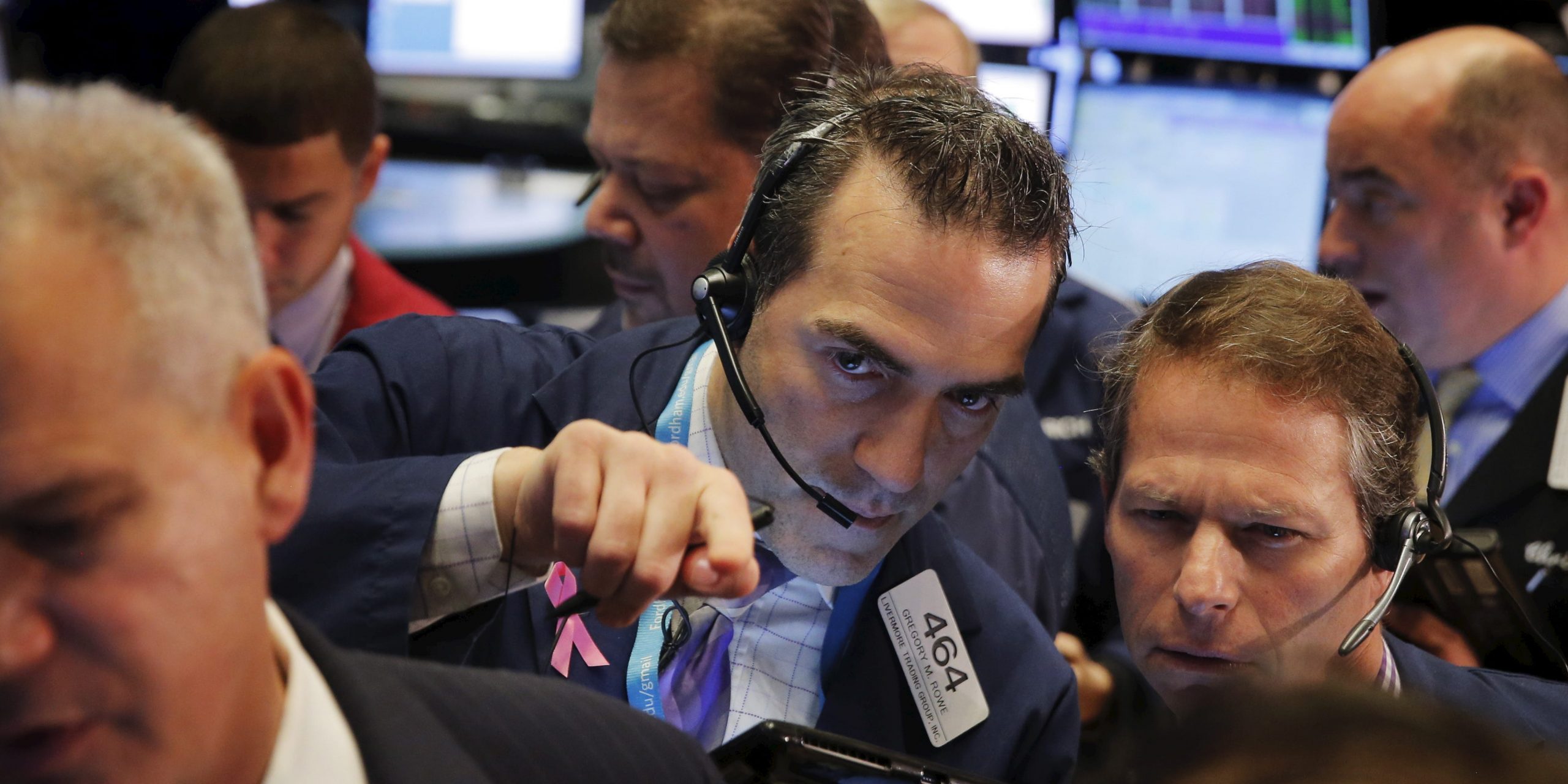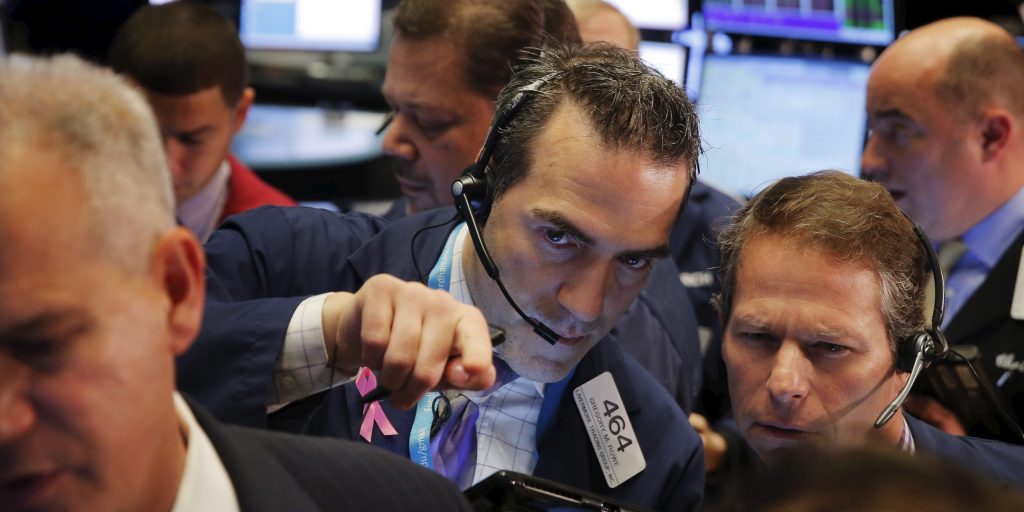
- There are three factors that have consistently killed equity bull markets, according to DataTrek.
- Those factors include surging oil prices, a Fed policy mistake, and a peak in corporate earnings.
- "The reason we're continuing to make new highs is because none of our 3 market risks is a clear and present danger," DataTrek said.
- Sign up here for our daily newsletter, 10 Things Before the Opening Bell.
With the stock market up more than 14% for the first half of 2021, investors are looking for potential catalysts that would put the current bull market on shaky ground.
According to DataTrek Research co-founder Nicholas Colas, there are three factors that have consistently killed equity bull markets in the past. Those factors include a sudden surge in oil prices, a Fed policy mistake, and a peak in corporate earnings.
"The reason we're continuing to make new highs is because none of our 3 market risks is a clear and present danger," Colas said in a Thursday note. "Still, as we consider what markets may do in 2H 2021 it does pay to reflect on what might go wrong for US stocks," Colas added.
1. Suddenly higher oil prices.
A sustainable 50% to 100% annual increase in oil prices has historically led to a stock market decline, according to DataTrek. Geopolitical shocks in 1973, 1979, and 1990, as well as asset bubbles in 2000 and 2008, have all contributed to weak stock market performance in the past.
The driver in lower stock prices due to higher oil prices is because oil prices drive inflation, and big spikes in oil can cause recessions.
"Rapidly rising oil prices will cause US inflation to overshoot the Fed's desired outcome and also stress the American consumer. This would be the proverbial 'rock and hard place' spot for the Fed," Colas said.
2. A Fed policy mistake.
Whether its miscommunication from the Federal Reserve about upcoming policy changes, or raising interest rates too aggressively, the Fed has had a tendency to weaken equity bull markets in the past. Examples include Fed Chair Ben Bernanke's tapering comments in May of 2013, and even current Chair Jerome Powell's misreading of the natural interest rate in 2019, according to DataTrek.
"While we're at little risk of over tightening just now, the policy miscommunication issue is very much on the table," Colas said.
3. A peak in corporate earnings growth.
US corporate earnings have shown a clear pattern amid economic recessions and recoveries: first they rise quickly after a downturn, then they stabilize and grow slowly during the middle of a cycle, and then they plummet during the next economic downturn.
While the S&P 500's continued rise to record highs suggest corporate earnings have more room to grow, "valuations are high enough currently that peaking earnings could be a larger risk than before," Colas said.
While none of the above factors pose an imminent threat to the stock market's record run, that could change quickly. But even then, according to Colas, "you usually need more than one to well and truly end a strong period for stock prices."
